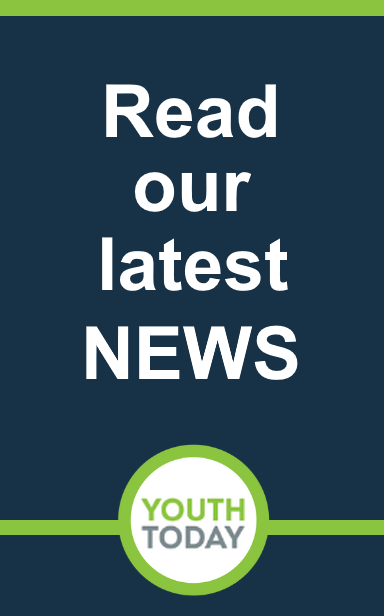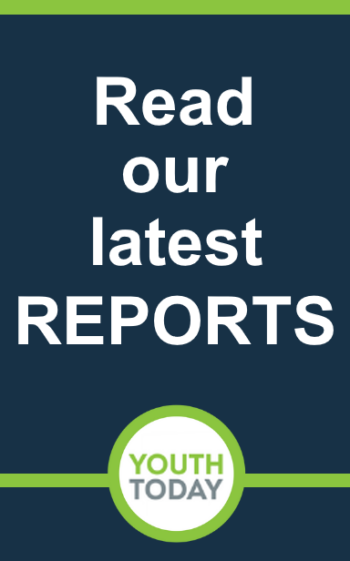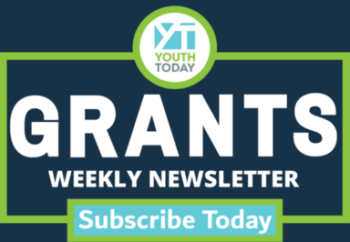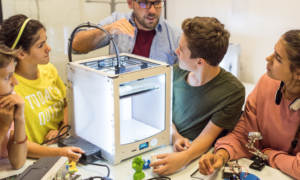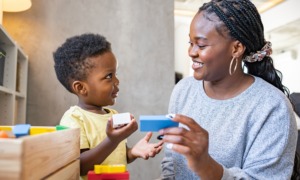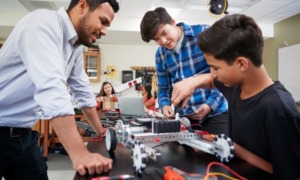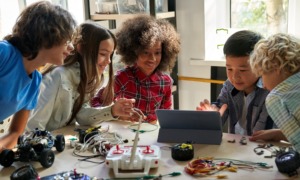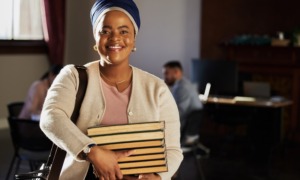A basic tenet of the Robert Bowne Foundation (RBF) was that the relationship between funder and grantee is a partnership. The Foundation brought its own expertise to the partnership while also grounding its professional development activities in the knowledge that local communities and practitioners bring on-the-ground insights and strengths as well as challenges.
Valuing practitioners’ community-based insights and familiarity, facilitators for the RBF’s professional development offerings intentionally designed activities to draw out and build on such knowledge. At the same time, the RBF’s professional development methodology incorporated a set of adult learning principles. These were first described in the RBF-supported 1995 publication Supporting Community Learning — and continued to be evident in RBF’s final year when its professional development offerings included: the Julia Palmer Library Development and Literacy Support Project; Afterschool Matters Fellowships; Fundraising Action Learning Series; and Evaluation Capacity Building Initiative.
The adult learning principles guiding the work of the RBF include:
- Build a community of learners by viewing all participants as having both something to teach and something to learn;
- Address each participant’s specific needs by recognizing that: learning takes place over time; each program works within a unique context; and effective professional development meets individuals where they are and helps them take next steps;
- Teach by modeling exemplary learning practices that are experiential, participatory, and inquiry-based;
- Continually adapting professional development activities to meet participants’ needs through such practices as: ongoing assessment; regularly gathering formal and informal participant feedback; and modifying practice to meet identified needs;
- Support practitioners to become leaders by helping them recognize what they know, providing peer networking opportunities, and encouraging them to share their learning with their program colleagues;
- Actively engage participants, encouraging discussion, experimentation, reflection, and sharing among colleagues. Within such a framework, practice continuously evolves in response to the needs, interests, and experiences of participants and their work colleagues. As RBF consultant Suzanne Marten, of the Center for Educational Options, explains to participants during a January 2012 Networking meeting:
“The best way to learn is to engage in and do something — and then think about it. You’ll have a chance, in small groups at your table, first to share what you are already doing, and then to dig in and push deeper.”
The creation of collegial learning communities is a practice central to the RBF approach to professional development. In February 2014, Program Officer Anne Lawrence explained the idea during the orientation meeting of the Evaluation Capacity Building Initiative:
“We believe that just by bringing people together and sharing experiences, a lot can happen. Getting a chance to talk sometimes solves problems. ”
The Foundation-led learning communities range from one-time small discussion groups during an RBF workshop, to standing groups of practitioners from across several programs with common program characteristics or an interest in exploring similar questions.
Facilitators create and employ exercises, resources, activities, and tools with participants that they, in turn, can use with the youth in their programs — as well as share with their co-workers and supervisors.
During a typical professional development seminar on literacy practices conducted by Anne Lawrence and Suzanne Marten, most participants:
- Engaged in a range of literacy activities;
- Reflected on his/her own experience with the activity;
- Learned an accessible amount of relevant literacy theory, drawing out implications for engaging children and youth in literacy;
- Experimented with literacy activities, each in her/his own program;
- Shared such program-based experiences with colleagues; and
- Discussed or wrote about lessons learned.
Between 2010 and 2015, program participants cited several literacy activities as having a significant impact on their programs including:
- Sharing favorite books to use with children and youth;
- Making handmade books;
- Employing a “Book Club” approach to reading a text over time with a group;
- Journaling, including dialogue/response journals;
- Exploring reading comprehension strategies through the use of:
- Wordless books
- A story with no vowels in order to explore three different cuing systems (note: Three cuing systems used by readers to understand text include: Grapho-phonic — sound-letter correspondence; Language Structure — grammar or syntax; and Meaning — semantics).
- A text written in unfamiliar symbols in order to practice deciphering
- Writing a group story or poem;
- Reading and writing pieces about personal names;
- Publishing and celebrating written pieces;
- Discussing ways to involve program youth in organizing the program library, such as having youth organize classroom libraries and take responsibility for its maintenance as classroom librarians;
- Networking across programs; and
- Visiting other program sites.
LINKS:
- Supporting Community Learning: A Staff Development and Resource Guide for After-School Youth-Education Programs (1995), Institute for Literacy Studies at Lehman College, City University of New York, by Hill, Ingalls, Lawrence, Shevin, and Townsend
- The Third Arena: Afterschool Youth Literacy Programs (1999) Kangisser
- Video: Robert Bowne Foundation Program Officer Anne Lawrence describes the Foundation’s approach to literacy professional development for Out-of-School-Time program staff at the orientation to a year-long seminar, Julia Palmer Library Development and Literacy Support Project, on October 2, 2014.


